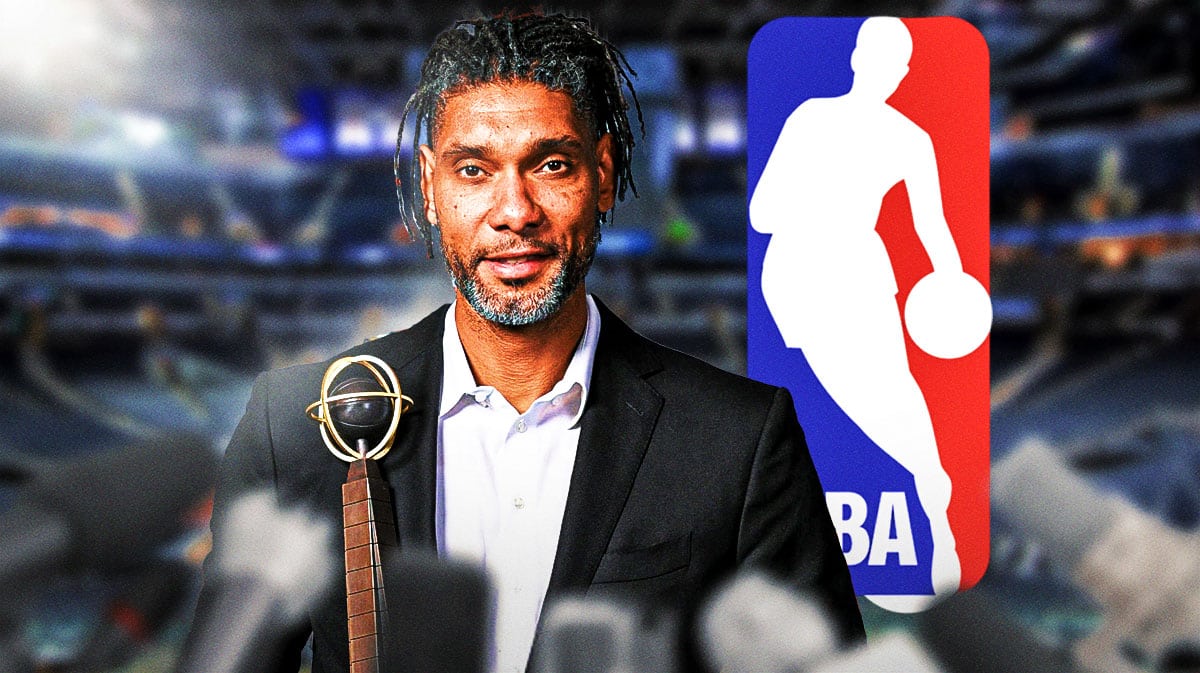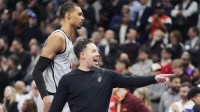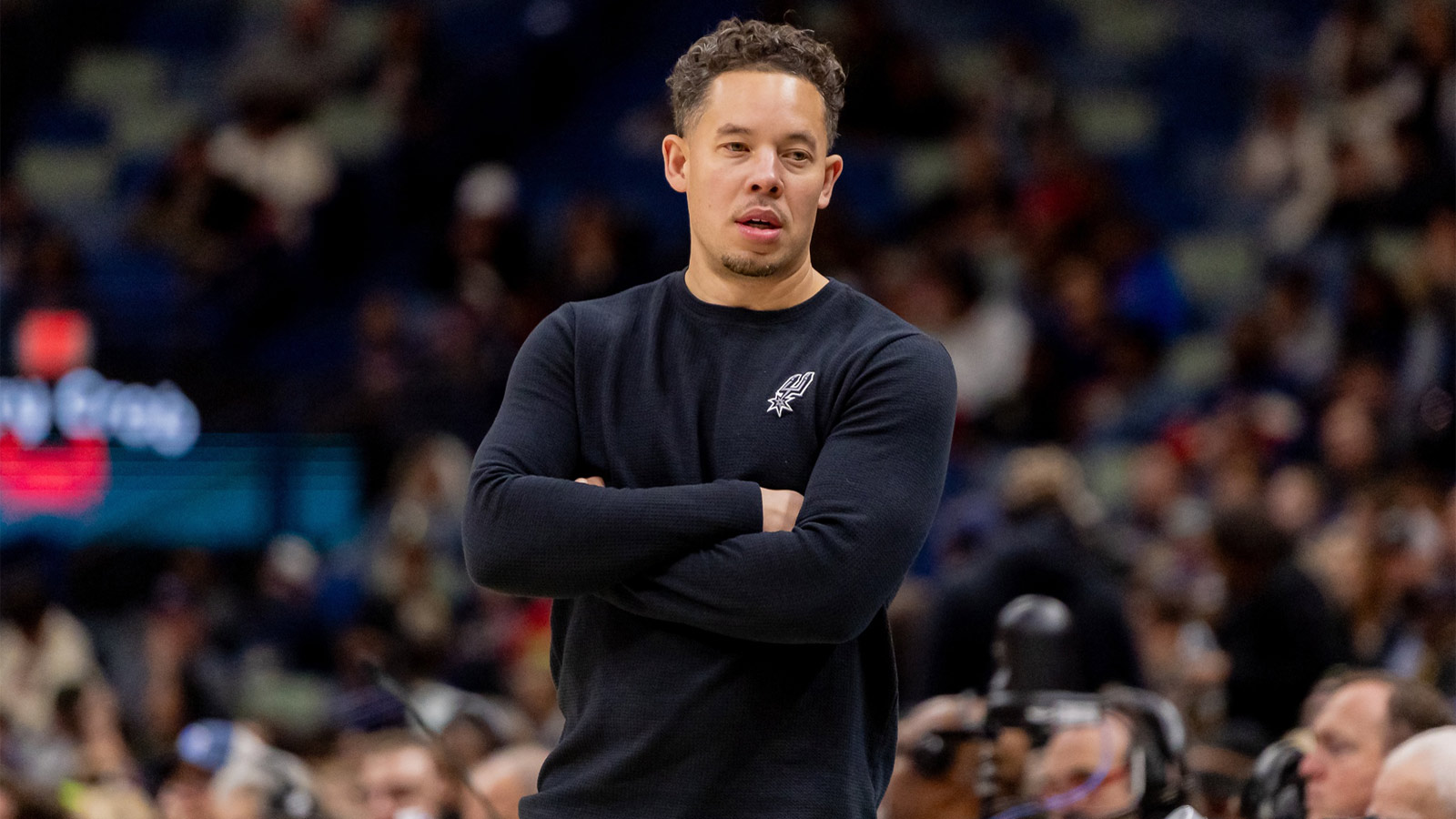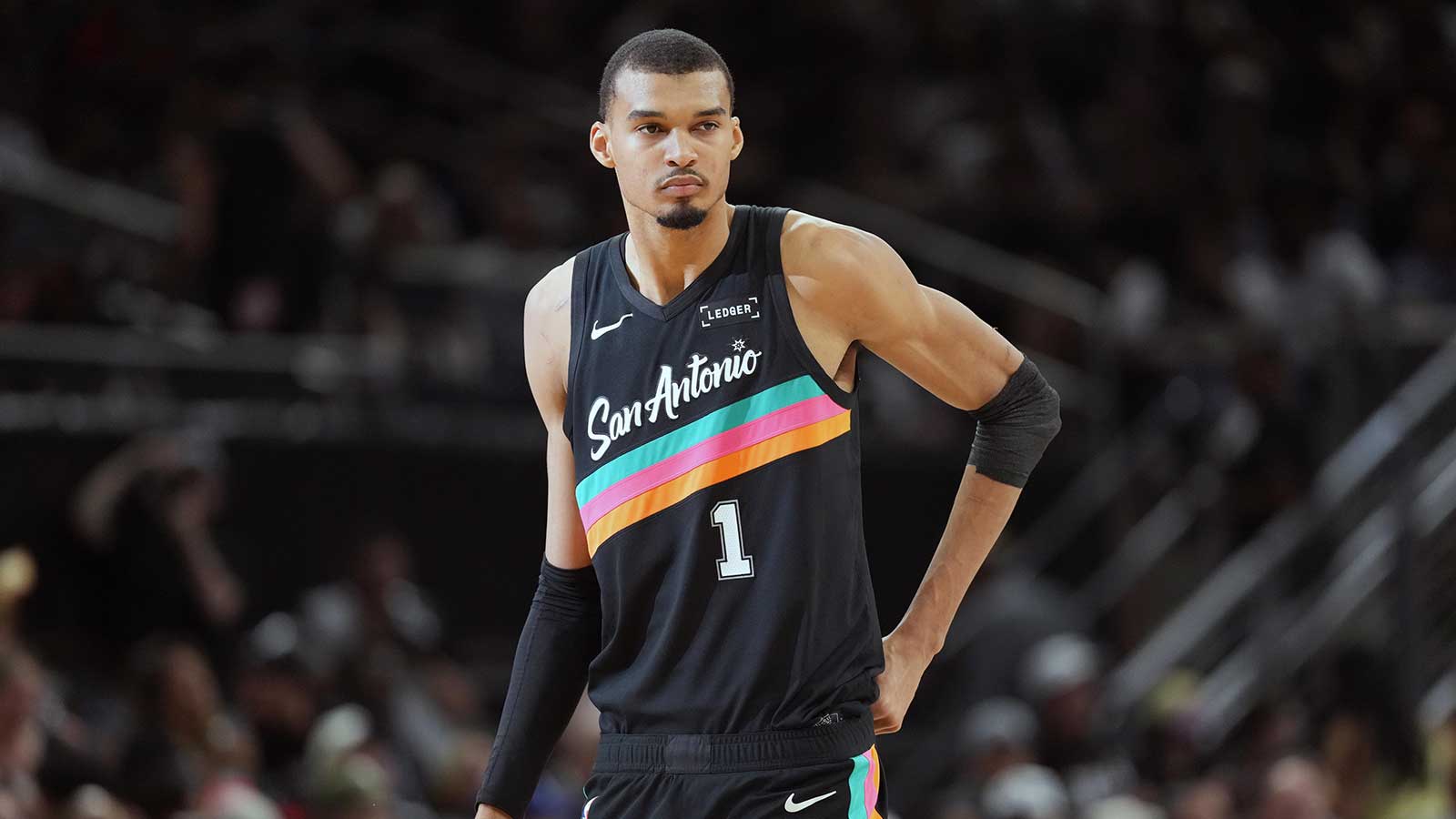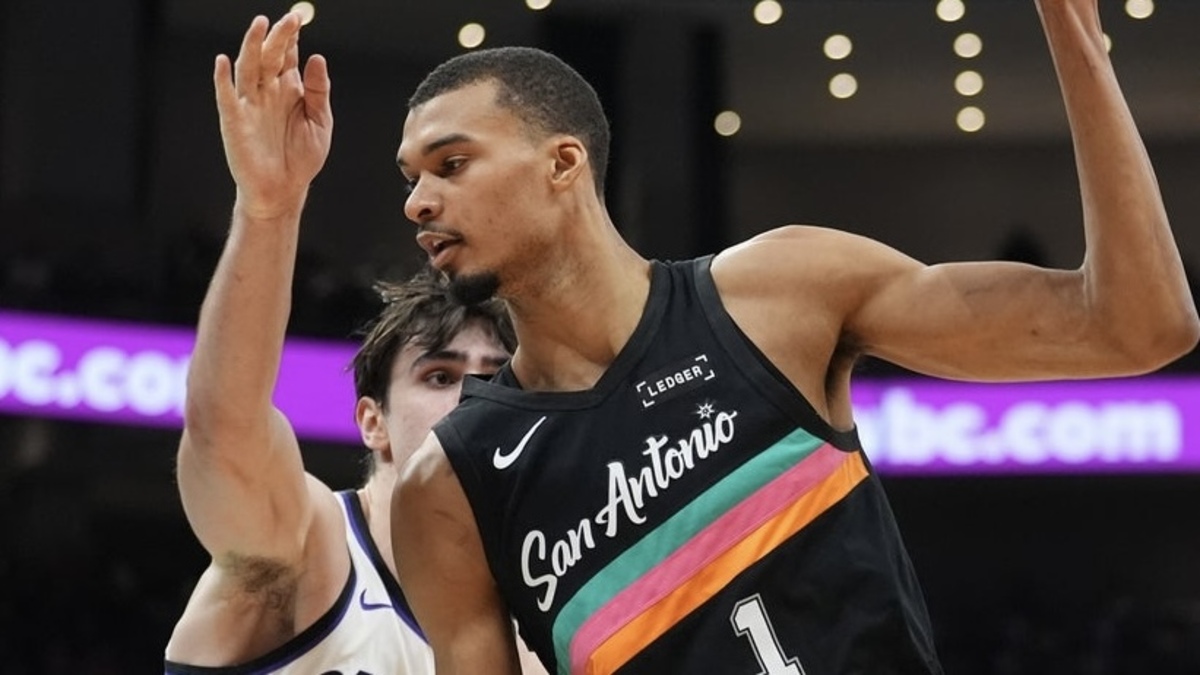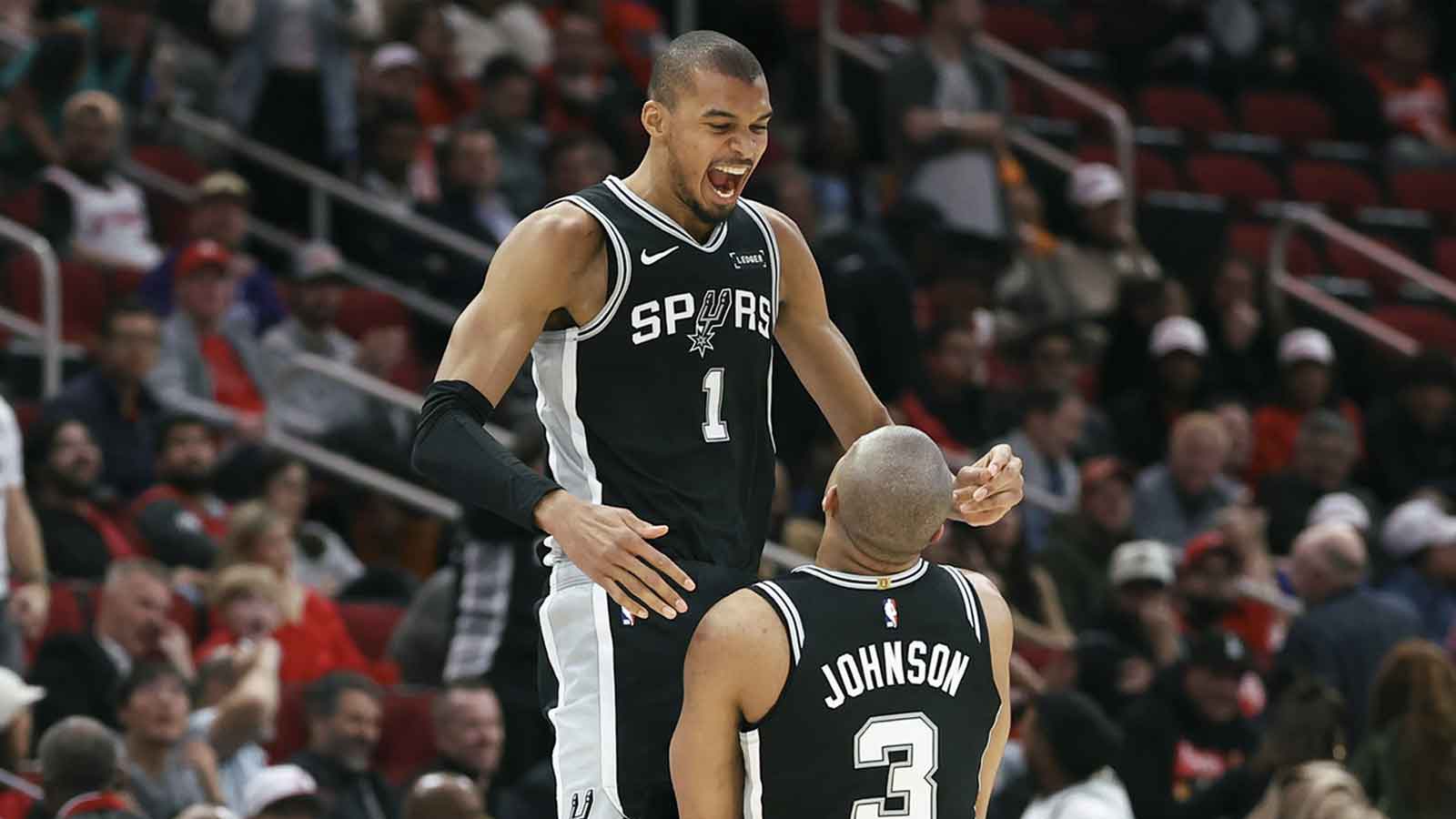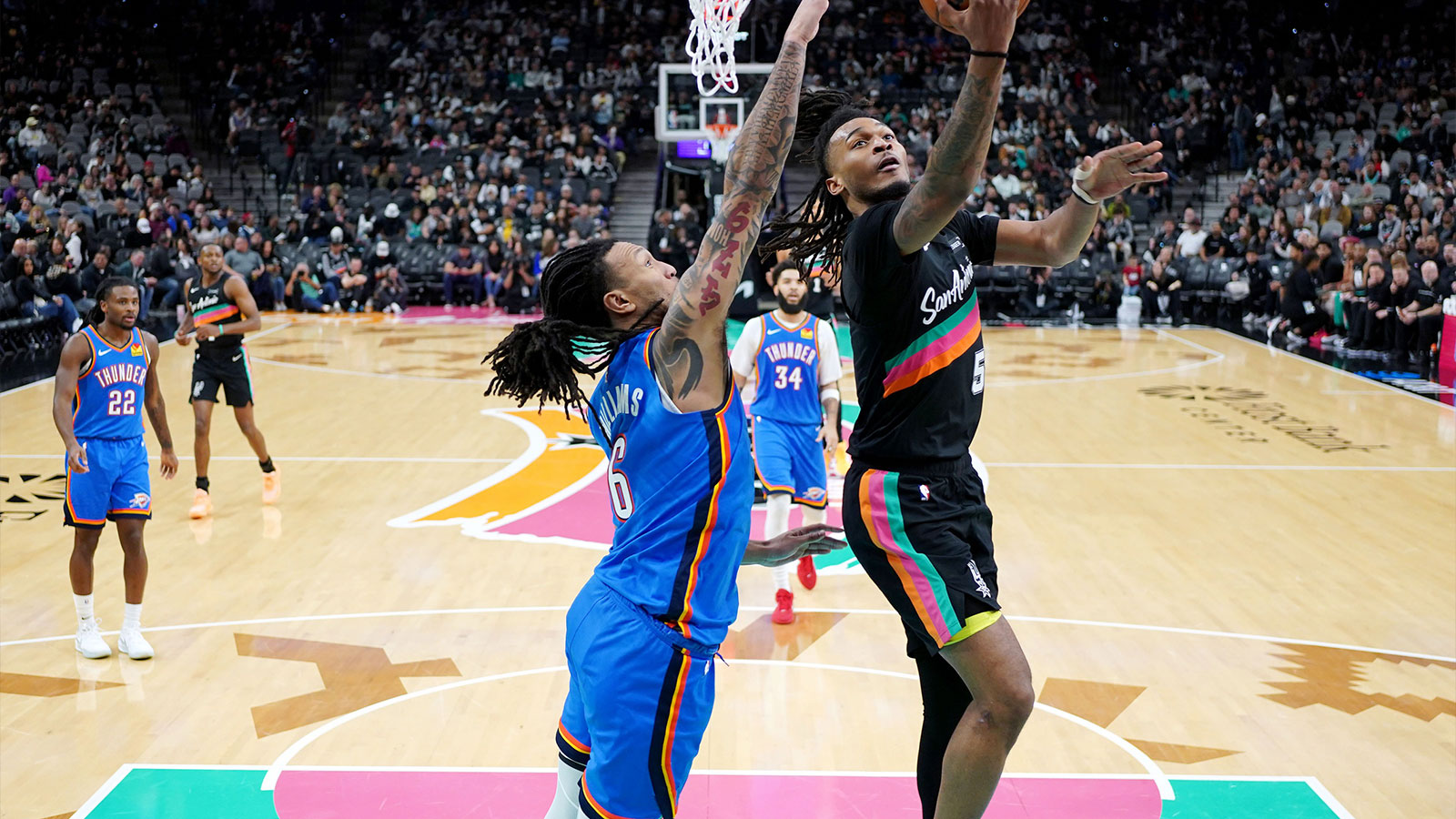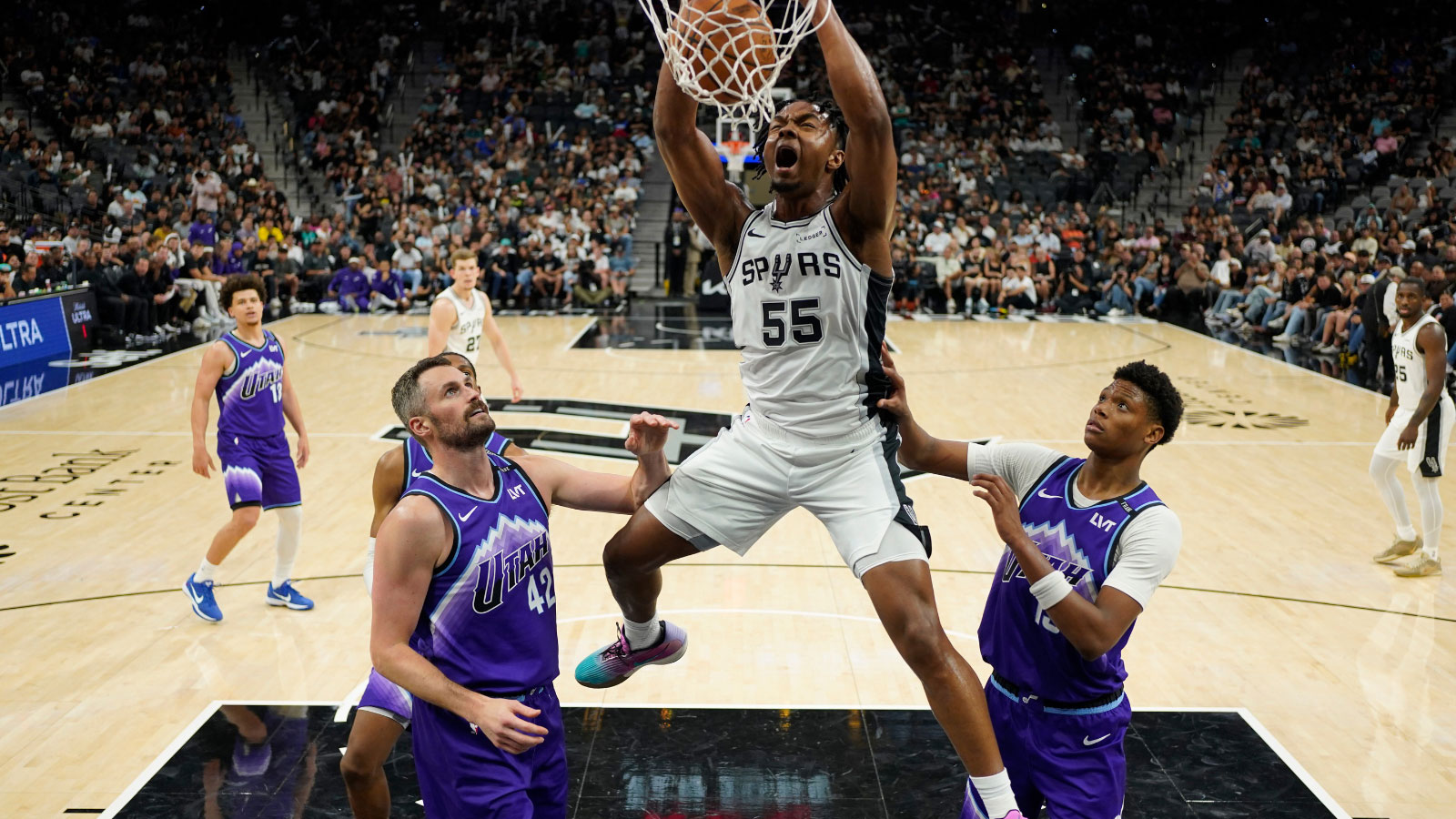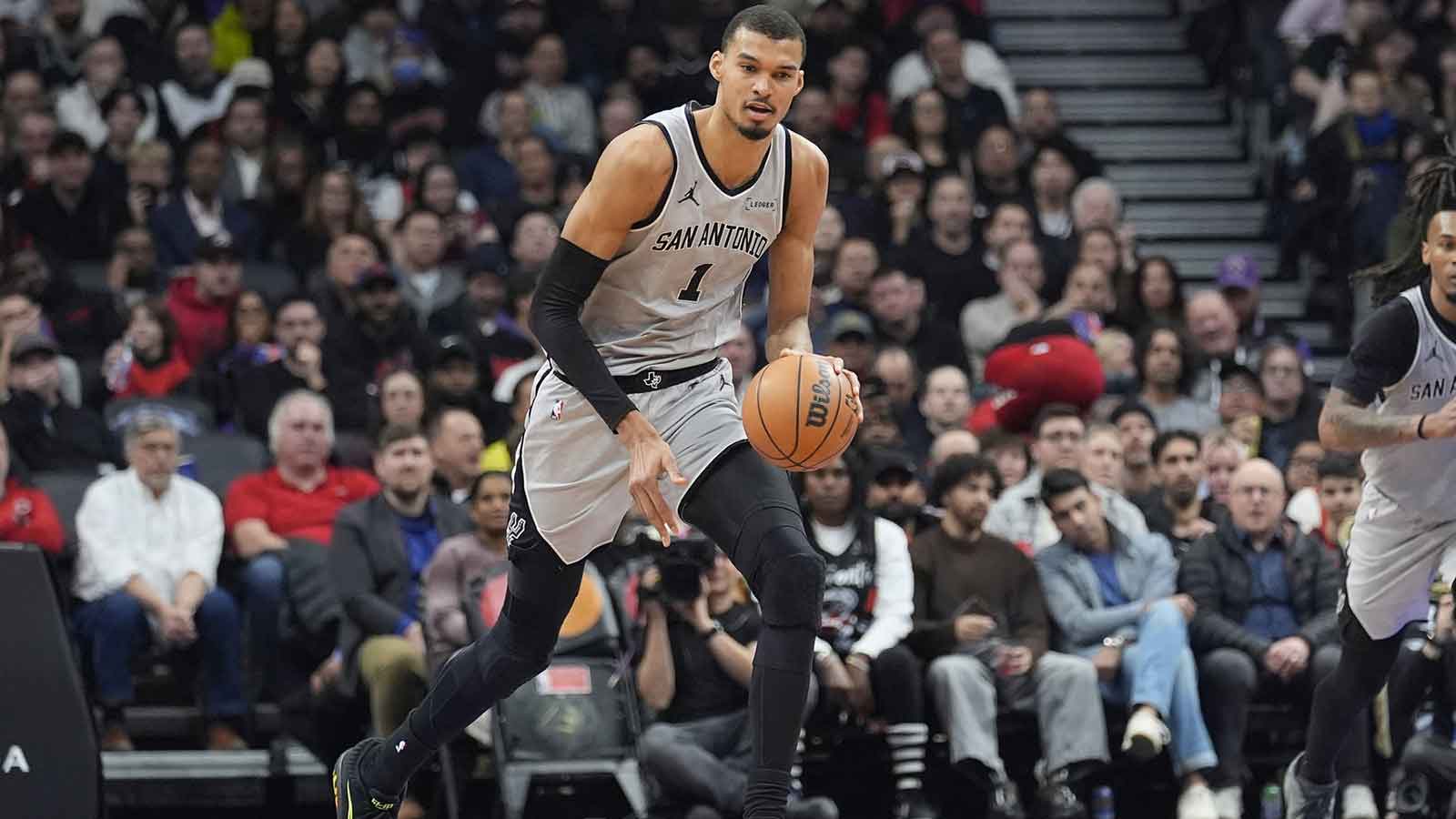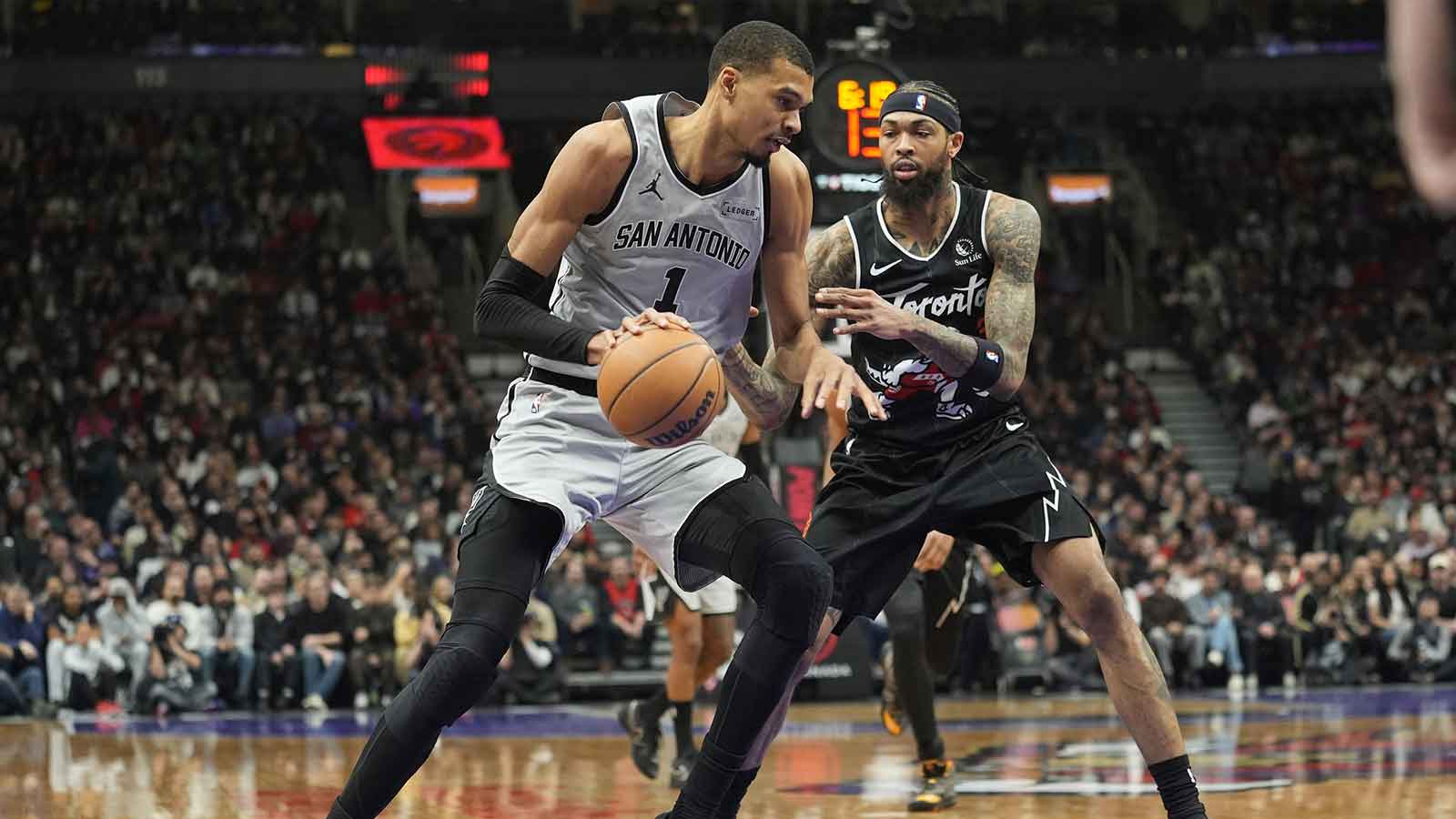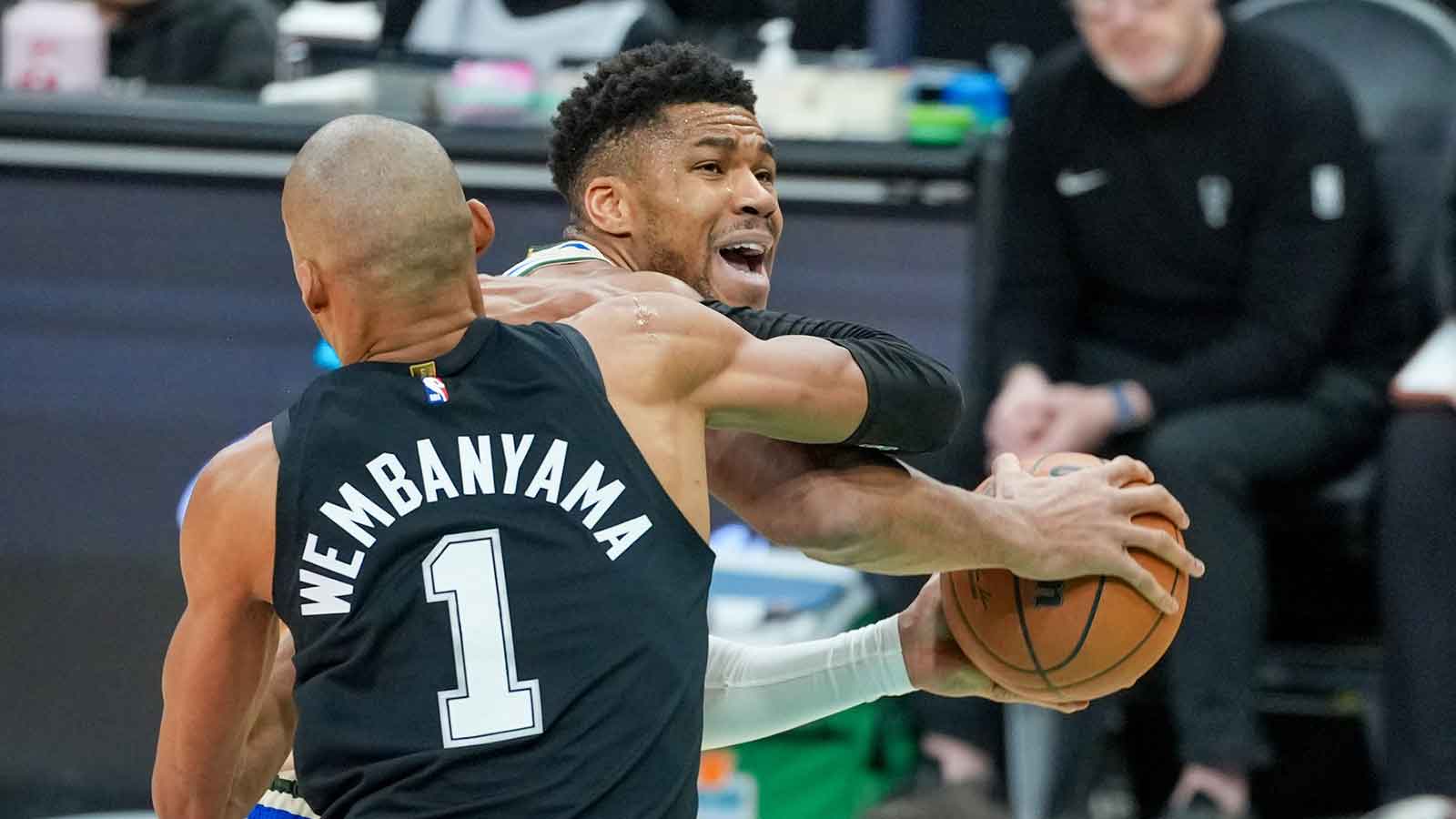When San Antonio Spurs legend Tim Duncan joined the inaugural “Richard Jefferson and Larry Show” recently, Jefferson started the interview by asking the Hall of Famer whether he chose to retire from the NBA in sudden fashion so that he could avoid any sort of real fanfare and attention. In typical Duncan fashion, he simply answered, “mostly.”
It embodied why the greatest Spur of all-time is viewed the way he is by the basketball world. While many, if not most, do call him the best power forward to ever play, he's remembered for his longevity instead of his dominance on the court. This is partly because he tends to stay away from the spotlight, so just how spectacular he was gets lost when discussing his legacy.
By the time Duncan called it quits, he'd won five championships over 19 seasons that saw him average that same number of points per game over his career. Throw in three Finals MVPs and 15 All-Pro selections, including ten on the First Team, and his resume is unmatched by most throughout basketball history. Lost in that, though, is that early on the “Big Fundamental” accomplished what even some of the game's biggest icons didn't.
Tim Duncan's start nearly unmatched through the ages
Over his first eight years, Duncan won three championships, two MVPs, three Finals MVPs, made the All-NBA First Team every single season, and earned a co-MVP award of an All-Star Game. There haven't been many better starts to an NBA career in the history of the game.
Michael Jordan also had two league MVPs and won two of his titles by his eighth season. Kareem Abdul-Jabbar's five MVPs during his first eight years is unmatched, but he had only one championship to show for during that stretch. While Magic Johnson won four titles by his eighth year, he only won his first MVP award in his eighth season. Wilt Chamberlain and LeBron James both had two MVPs and no championships during their first eight years in the league.
Only a couple of Boston Celtics can boast better eight-year starts than Duncan. Bill Russell won seven championships and four MVPs, while Larry Bird won his three titles and three league MVPs by then, though Bird had one less Finals MVP than Duncan.
Tim Duncan's unsung dominance
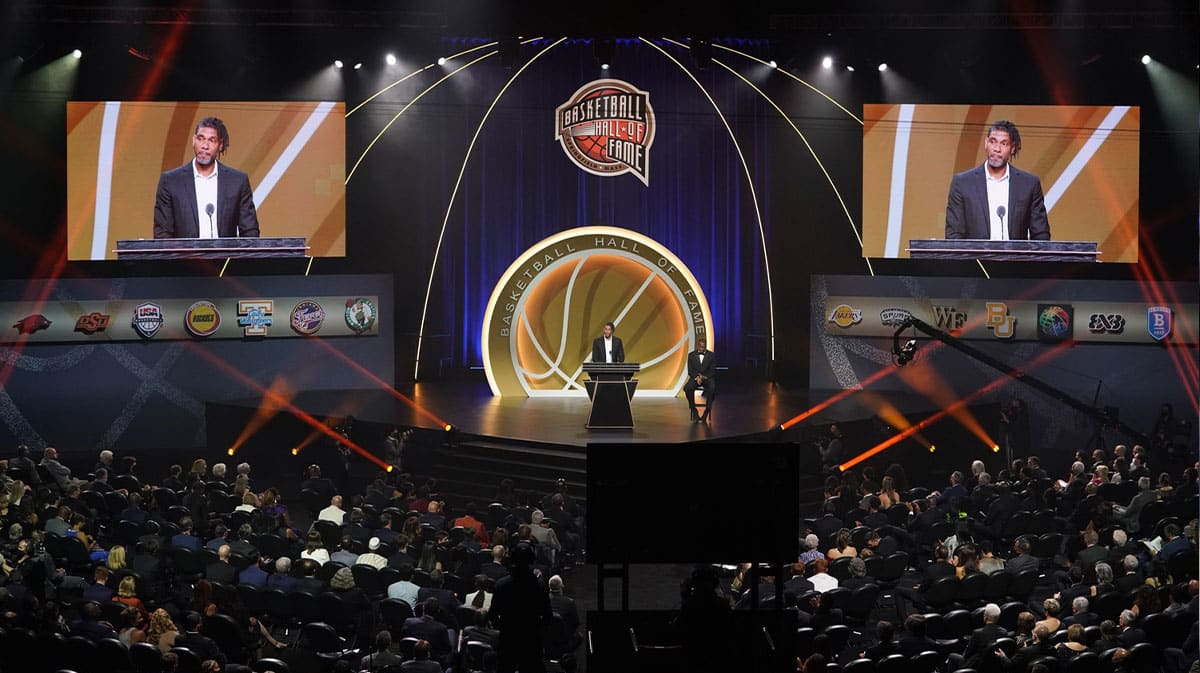
The 1998 Rookie of the Year led a franchise that had never won an NBA championship to its first title in 1999. After winning co-MVP honors of the 2000 All-Star Game before missing the playoffs because of injury, Duncan then led San Antonio to the league's best record in 2001.
His first NBA MVP came in 2002 before a banner year in 2003 – literally – when the Spurs won their second championship and Duncan won two more MVP's, one during the season and the other in the Finals. Following heartbreak in 2004 because of Derek Fisher's shot with .04 seconds left in their Western Conference semifinals series against the Los Angeles Lakers, the 15-time All-Defensive selection won a third title and Finals MVP in 2005.
Tim Duncan was really HIM. 🔥 pic.twitter.com/q5fUOGFJwr
— SpursNation (@SpursNationYo) May 30, 2024
During that time frame, Duncan's teams twice eliminated Lakers squads that featured both Shaquille O'Neal and Kobe Bryant. By his tenth year, the Spurs all-time leading scorer added a fourth championship while averaging 20 points per game in the regular season and 22 in the playoffs.
This specific greatness isn't mentioned often. His reluctance to talk about it remains a big reason. At least, mostly, as Duncan might say.

